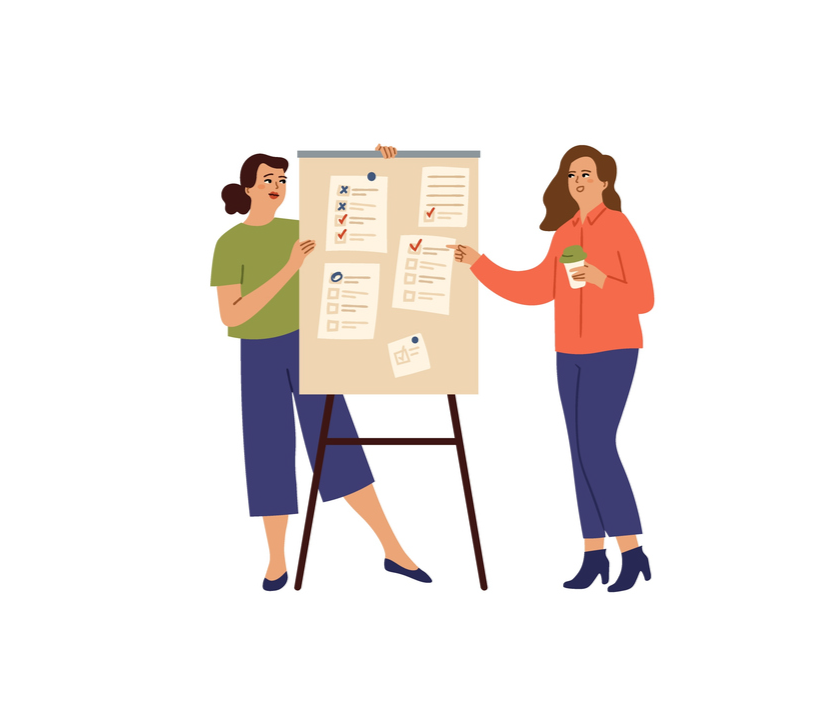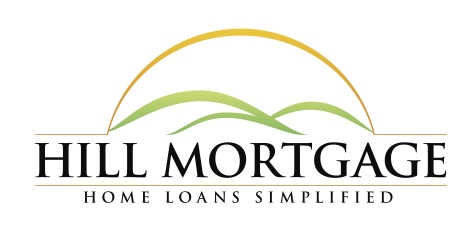RESOURCES
The Mortgage Application Process
A. Looking Good?
The wonder of home ownership is a dream we can all realize, and more than half of Americans do. This wonder can be building a stable place for family life, investing shrewdly or showcasing status, Get ready for some great memories and some challenges that begin with the mortgage application process and realty house hunt. Consider these points when you begin pre-qualifying for a loan:
- What type of house fits into your financial life plan? Know that the costlier the house is, the more you will have to give from your time or from treasures other than housing. Are you willing to fix up a house or buy small then later buy up in the market? How will your family size change? Will you downsize or move with old age? Now is the time to know yourself and a life planner specializes in this help.
- If you want to buy a house and need a loan, the first step is to pre-qualify for that loan so that you can estimate the price of a home you can afford. Of course, you need not buy all the house you can borrow to afford, and you are safer with reserves of cash and income. But you may have to save more up front.

3. Get pre—approval from a solid lender. Go to our pre-qualification calculator to see. This process is not as accurate as a preapproval letter wherein the lender confirms key numbers to give accurate loan amounts, but you can do it easily before you make serious moves.
- Consider tax savings from home ownership by meeting with a tax planner.
- Don’t open new credit card accounts or close existing accounts and make regular payments. Try to hold onto jobs, also to look solid to creditors.
- Get your own copy of a credit report with FICO scores from all three credit bureaus: Equifax, Transunion and Experian. Credit reports are available free at www.AnnualCreditReport.com. Correct any discrepancies by questioning credit agencies and following instructions to provide evidence.

B. Better your odds!
Lenders lend based largely on the “five C’s”:

- Capacity: Debt to income ratios determine whether you can borrow or how much you can borrow. Housing debt includes mortgage principle, interest, real estate taxes and insurance. Generally, you need a total monthly debt to total gross income ratio below 42% and a housing debt to gross income below 36% for conventional loans—but other loans are more forgiving.
- Capital: Lenders want to see your personal stake in the purchase so they demand down payments which frequently are 20% of purchase price. To get loans with lower down payments, you may have to purchase Mortgage Insurance to protect lenders against default.
- Collateral: Lenders must believe that they can get their money back if borrowers fail to make payments. The licensed appraiser assures lenders with objective prices that collateral for a loan exists. Still, appraisals can be questioned.
- Character: Lenders want to know not only your ability to pay but your willingness. There is no certain way for them to know how far you will go to make regular monthly payments, but your FICO score is a great estimate.
- Conditions: You may get your other four C’s right but still not qualify for reasons beyond your control—most frequently because interest rates rose. Local employment conditions and government policies may also change.
So better your recurring income over time, promptly make all loan payments, pay down debts including auto and student loan debts, and save well for that down payment. This simple advice may be hard to follow but it is the key to wealth that renters rarely attain. Strict family budgeting is really the key to improvement. Master budgeting and you will take control of your lives. Planners can show you how to budget and how long you should wait to purchase.

C. Let’s Go Shopping
With your pre-approval in hand, you can shop for lenders and realtors who can help with housing decisions.
Consider these questions when choosing a mortgage broker:
- What kind of loan do you recommend and with which kind of interest structure?
- What fees, and interest pay for this loan?
- Can you buy down interest with mortgage points?
Seek out your dream home knowing that the journey will be arduous at times. You must break your life to seek out records and fill out forms longer than your tax returns. Records sought usually include:
- Your name.
- The address of the home to finance, its approximate value and the loan desired,
- Two years’ tax returns or permission to obtain these from the IRS.
- Bank and brokerage statements showing balances.
- Permission to obtain credit and your SSN.
- W2s, 1099s and other evidence of income.


D. Underwriters, Not Undertakers, Review Your Loan

By now, you must know your lender and you will begin to sign off many papers and disclosures online. The standardized Mortgage Application is most important for this. Underwriters will review your application and Lenders have thirty days to reject or grant approval for your loan, hopefully with your house still in escrow.
With luck and good numbers, the lender will send out a loan estimate. You will then order title insurance, home inspections and proof that homeowners insurance will start. The lender is likely to order an appraisal.

E. Closing the Deal:
So you chose a mortgage broker and real estate broker, followed computerized alerts and toured many homes in open houses. Then you picked out a staged house with a gabled roof you love from a private showing. You made a counter-offer and negotiated a slightly lower price and the right to keep the swing set in the back yard. When two parties agree, the house is “under contract.” You read seller disclosures and had the building inspected and a title search completed. Nothing disappointed you too much, and the appraisal satisfies lenders, so you removed all contingencies and schedule a closing date.
You probably have seen and signed enough disclosures of unlikely occurrences to make you sick and lawyers rich, but this is our age and the transaction is critically important. Three days before closing, you will sign a closing disclosure that locks in most costs (lender’s fees, attorney fees, taxes, prepaid insurance etc). After a final walkthrough, you may meet a notary public in a title office or your home who finalizes the housing paperwork, including the Deed of Trust, Grant Deed and/or promissory note, Finally the realtor gives you the keys and, voila, you are a homeowner.
Consider updating your will and trust and your financial plan.

Get in Touch
Schedule a free mortgage consultation related to your life plans.

Mortgages offered through Hill Mortgage
NMLS# 309812/2134092
DRE# 01332532/02142750

Carpe Diem Mortgage
NMLS #2565162
DRE #01214571


